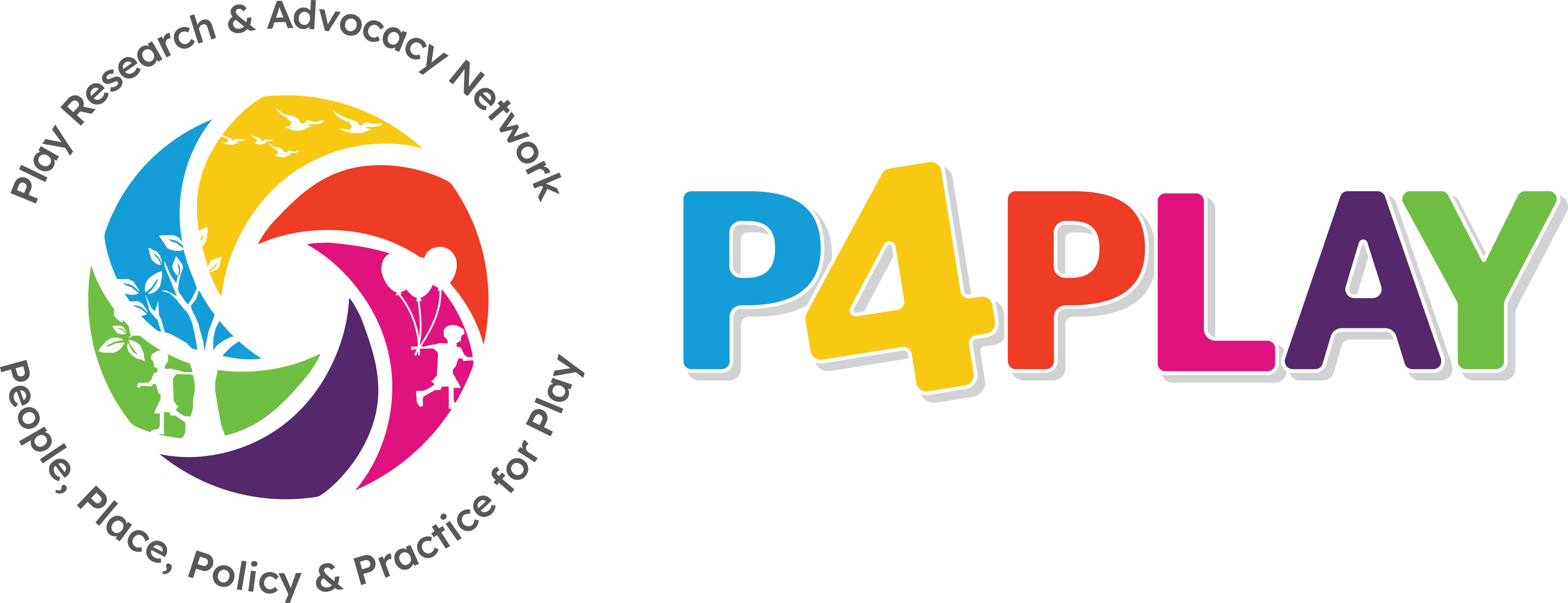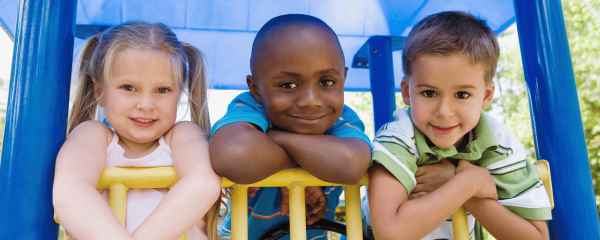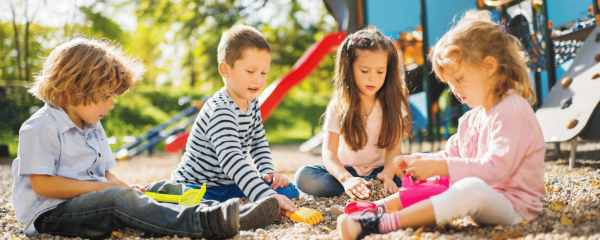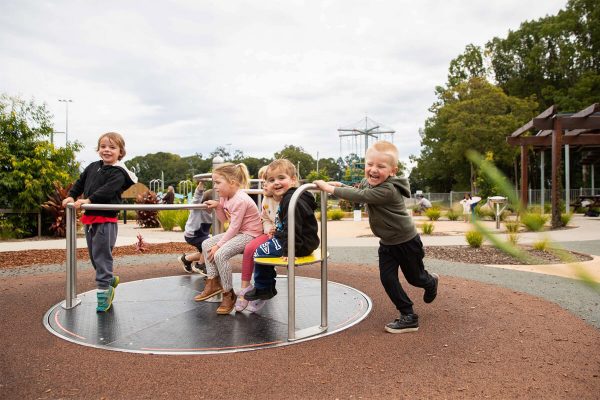The P4PLAY research programme ran from 2019 to 2025 and was established around the development of a new innovative joint PhD programme in Occupational Science, applied to four areas of play: People, Place, Policy and Practice (P4PLAY). Informed by the General Comment no 17 on the child’s right to play, the overall research goal was to develop new knowledge on the occupation of play and play deprivation, the impact of physical, socio-cultural, and policy environments on play provision, and the development of innovative solutions to address barriers and provide solutions to play provision in diverse community settings to benefit children, families, and communities.
The doctoral programme was centred on training a new generation of early-stage researchers (ESRs) to drive innovative research and practice in occupational science and therapy. Nine ESRs took part and were provided with the transferable skills necessary for thriving careers in academic or research-based practice via collaborative interinstitutional research projects, international mentorship and access to expertise and training.
Through the MSC EU funding, P4PLAY established the first innovative trans-European Occupational Science joint doctoral training programme that could be applied in the future to other areas of human occupation beyond the study of play. The fundamental aim was to develop a sustainable programme that delivered ambitious and high-quality graduates to drive innovative research and practice in occupational science and therapy.





